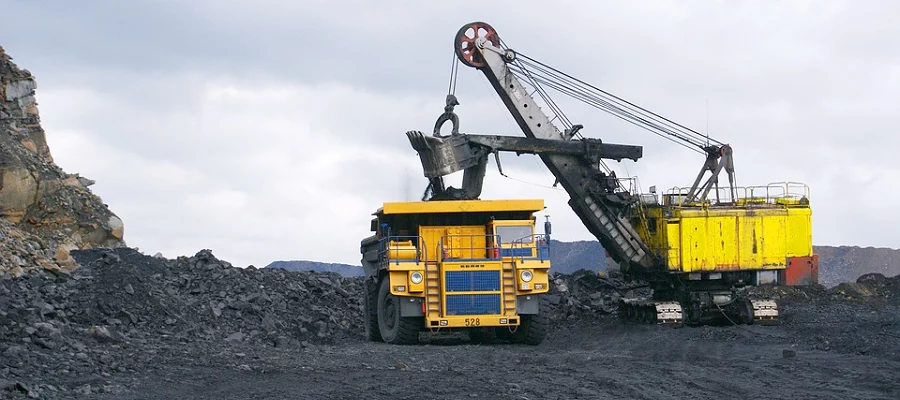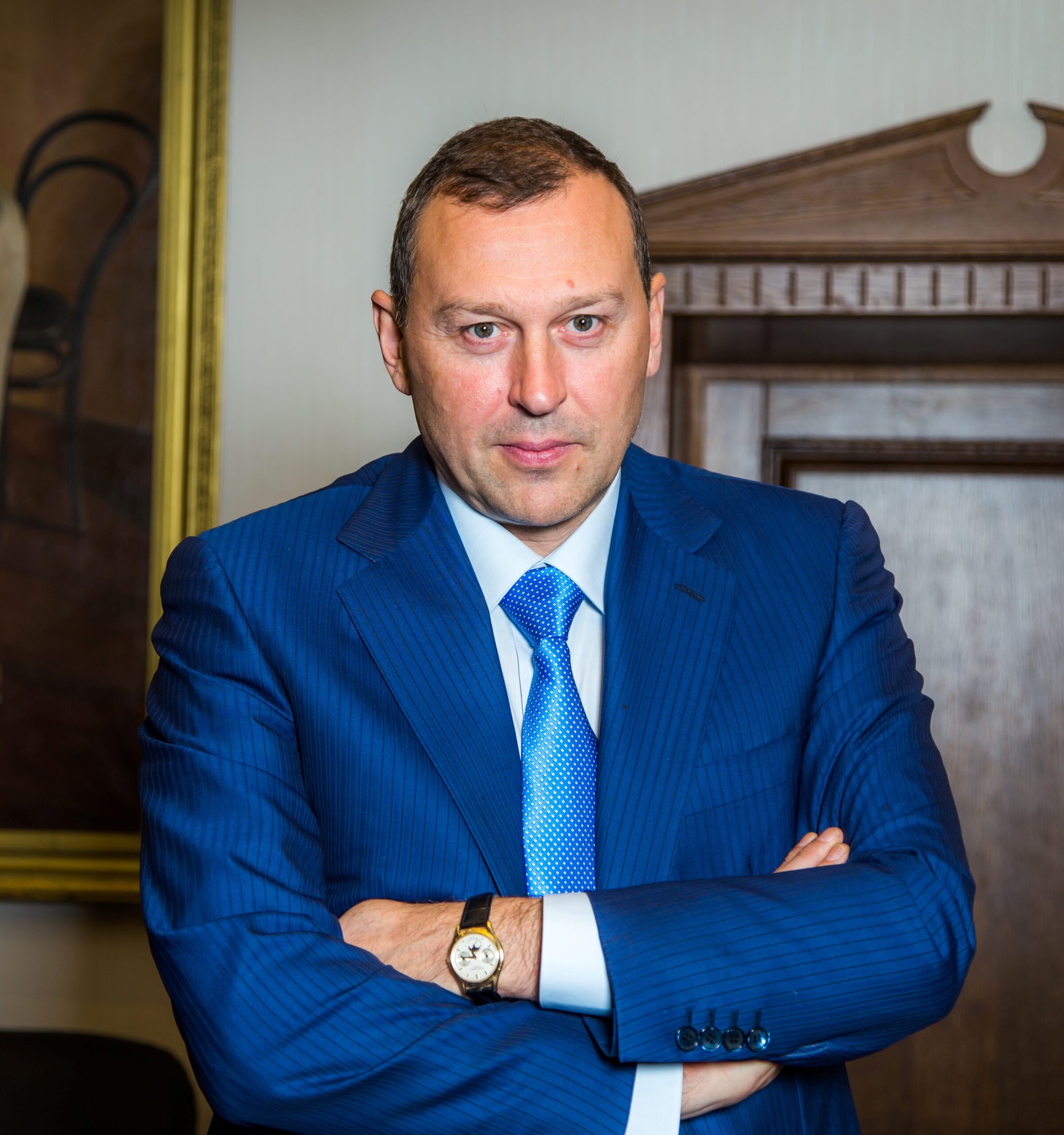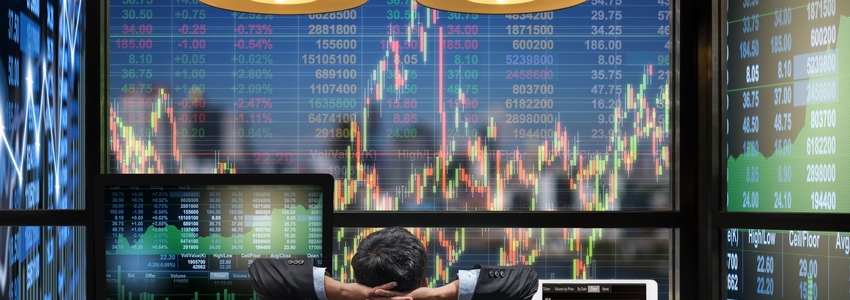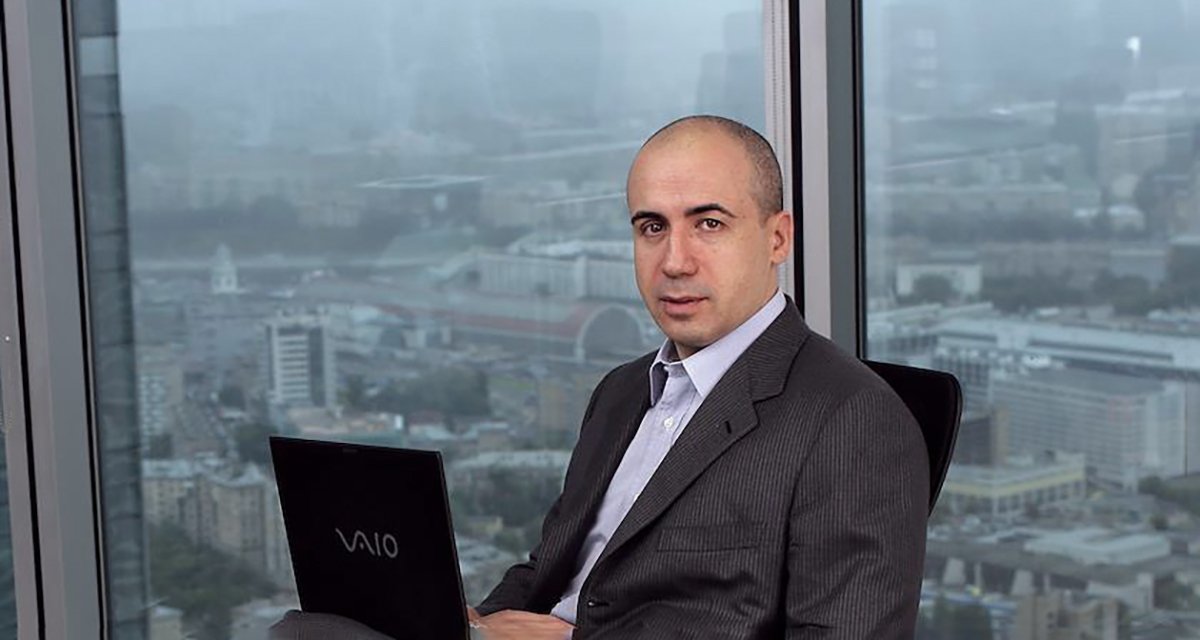The billionaire withdrew from the shipbuilding assets against the background of the decline in river transportation. However, state investments can make the market attractive again.
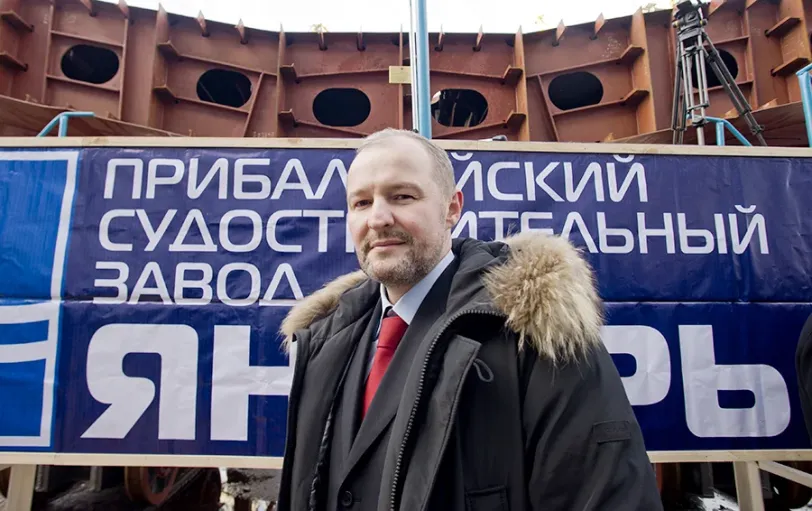
“The shipbuilding business is not a priority for us,” Roman Trotsenko told Forbes, adding that his AEON group exits such assets. On Thursday, October 5, it became known that Concern Kalashnikov bought from Trotsenko’s structures Nobel Brothers Shipyard, located in Rybinsk.
Another shipbuilding asset of AEON was the Moscow Shipbuilding and Repair Yard (MSSZ). In 2005 Trotsenko started the production of super-yachts under the Timmerman Yachts brand on its premises.
All the shipbuilding capacities of MSSW were transferred to Rybinsk and sold to Kalashnikov, Trotsenko says. Vessels for Moscow River Shipping Company will be ordered by AEON from the shipyards on tender basis.
The owner of the airport holding Novaport is known in the transport industry first of all as a river carrier. In the mid-90s he purchased several ports, after which he became a frequent participant of meetings on river transport in the Ministry of Transport.
Vitaly Chernov, Editor-in-Chief of PortNews, notes that there are two contradictory trends in the river transport. On the one hand, the need for river-sea going vessels is high; on the other hand, there is a problem of cheap financing for fleet renewal. The Ministry of Transport and the Ministry of Industry and Trade are working on measures of state support, but private investors are afraid that state shipbuilding of the United Shipbuilding Corporation (USC) will receive the main support.
“No one needs river shipbuilding,” a market participant is skeptical. The river transportation loses “interspecific competition” to other transport: “Oil transportation goes to pipeline transport, bulked cargoes to railroads.
According to the KPMG report, the development of inland water transport is hindered primarily by the low level of profitability in the industry, which amounts to 4-5%. At the same time the river transport has a great potential, the auditors note: its share in the total cargo turnover of all modes of transport is less than 1.5%, while in Germany it is 11% and in the Netherlands – 34%.
All the news in the river transport can be briefly described as “just a disaster”, Roman Trotsenko did not hide his emotions at the last year session of the committee on transport of the Russian Union of Industrialists and Entrepreneurs. The businessman is still interested in the stevedoring business (his AEON owns several ports of the capital and the ports of Astrakhan and Volgograd), but his priority is sea terminals.
Trotsenko appeals to the current economic realities, says AEON President Alexei Rakhmanov: “And if they are changed, everything will look very different. River transportation is “quite an interesting topic”, agrees a top manager of logistics in a large coal company. State investments in the deepening of the Volgo-Don and the White Sea-Baltic Canal may restore the attractiveness of river ports. Among the potentially interesting assets the interlocutor of Forbes calls a cargo port in Nizhny Novgorod, Volgodonsk, Ust-Donets and Yaroslavl river ports.

